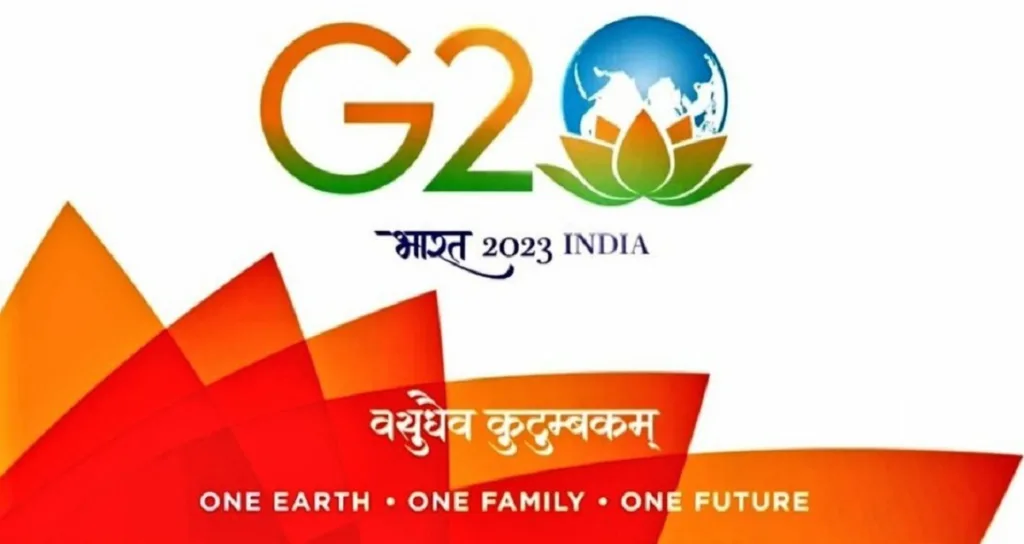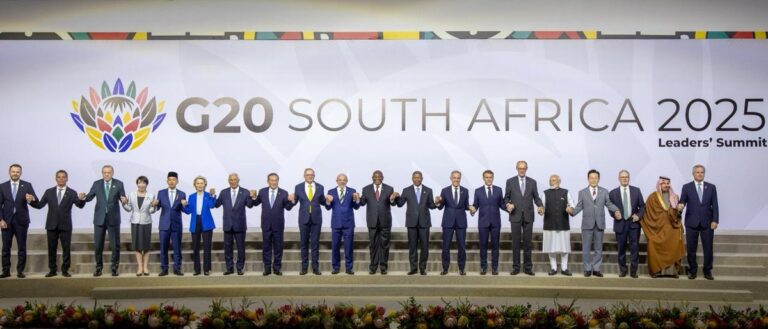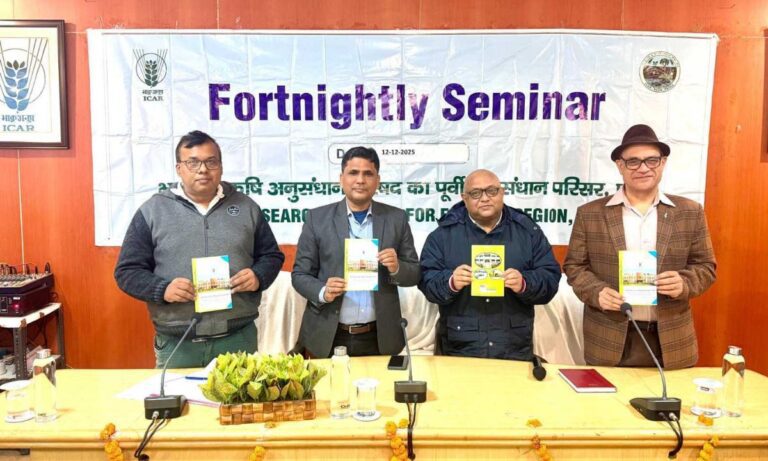
G20: Shaping Global Economic Cooperation and Sustainable Development
The G20 Summit, established as an intergovernmental forum in 1999, has transformed into a pivotal platform that tackles a diverse range of global issues. While its early emphasis was on macroeconomic matters and financial stability, the G20 has since broadened its scope to encompass a wider array of concerns, including trade, climate change, sustainable development, health, agriculture, energy, and various other pressing topics.
G20 members collectively account for 85% of global GDP, over 75% of global trade, and represent two-thirds of the world’s population, making them central to the global economic landscape. In this article, we delve into the historical background, structure, significance, limitations, and India’s G20 presidency in 2023.
Table of Contents
Historical Background of the G20 Summit
The G20’s genesis can be traced back to the Asian financial crisis in 1997-98, which prompted its establishment in 1999. Initially, it served as a forum for Central Bank Governors and Finance Ministers to discuss global economic and financial stability. However, after the 2008 global financial crisis, the G20 was elevated to the level of Heads of State or Government, becoming the “premier forum for international economic cooperation.” Since then, it has become the leading platform for global economic collaboration.
Membership
The G20 currently comprises 19 member countries and the European Union, collectively representing a significant portion of the global economy. These member countries are Argentina, Australia, Brazil, Canada, China, France, Germany, India, Indonesia, Italy, Japan, Mexico, Russia, Saudi Arabia, South Africa, South Korea, Turkey, the United Kingdom, and the United States.

Structure and Functioning of G20
The G20 operates through annual meetings of Finance Ministers and Central Bank Governors, culminating in a leaders’ summit each year. It operates on a dual-track system, : the Finance Track and the Sherpa Track.
The Sherpas, emissaries of the leaders, focus on socio-economic issues such as agriculture, anti-corruption, climate, digital economy, education, health, tourism, trade, and investment. They oversee negotiations throughout the year, discuss summit agendas, and coordinate the G20’s substantive work.
The Finance Track, led by Finance Ministers and Central Bank Governors, meets four times a year, focusing on fiscal and monetary policy, global economy, financial regulation, financial inclusion, international financial architecture, and international taxation.
The Troika, comprised of the previous, current, and incoming presidencies, supports the G20 Presidency without a permanent secretariat. The G20’s decisions are non-binding, and it collaborates closely with international organizations like the IMF, World Bank, and WTO.
Rotating Presidency and Regional Groupings
The G20 operates without a permanent secretariat, instead opting for a rotating presidency among its members. Each presidency is selected from different regional groupings, fostering diversity in leadership and facilitating an inclusive approach to global governance.

Significance of G20 Summit 2023
India’s presidency in 2023 presents a unique opportunity to address complex global economic challenges and elevate the aspirations of the developing world. The G20 has expanded its agenda to encompass various areas of cooperation, including climate change, fair and sustainable development, food security, gender equality, and addressing geopolitical tensions.
The G20 promotes a more equitable distribution of power among developed and developing countries, fostering a balanced global power structure. Its ability to bring countries with diverse ideologies and interests onto a common platform highlights its importance in addressing global economic issues.
India’s focus on green development, climate finance, and inclusive growth underscores its commitment to addressing contemporary challenges. The presidency provides India with a platform to strengthen its economic ties, advocate for climate action, and promote inclusive growth.
Issues and Limitations of G20
Despite its pivotal role, the G20 faces challenges and limitations:
- Difficulty in Reaching Consensus: Diverse economic and political systems among member countries can hinder consensus, particularly in times of crisis.
- Lack of Permanent Secretariat: Without a permanent secretariat, monitoring and coordination can be inefficient.
- Non-Binding Decisions: G20 decisions are not legally binding, relying on member countries’ voluntary compliance.
- Limited Membership: The G20’s membership excludes other significant economies, affecting global representation.
India’s G20 Presidency 2023
As of December 2022, India assumed the G20 Presidency for a one-year term, extending until November 2023. This presidency presents a valuable opportunity for India to influence and shape global economic discussions. The Troika, consisting of Indonesia, India, and Brazil, will support India’s presidency.
India’s priorities encompass green development, climate finance, inclusive growth, technological transformation, women-led development, and multilateral institutions’ reform. India’s presidency strengthens its economic ties, leadership on climate change, and strategic importance in global affairs.
G20 Summit in New Delhi embraced the theme ‘Vasudhaiva Kutumbakam,’ inspired by ancient Indian philosophy. This theme encapsulates the idea that the world is one family, promoting values of unity, cooperation, and interconnectedness among nations. The G20 logo for this year draws from India’s national flag and features Earth alongside the lotus, symbolizing growth amidst challenges. Written in the Devanagari script, the word “Bharat” is positioned beneath the logo.

India, during its G20 presidency, has extended invitations to several guest countries, fostering inclusivity and international cooperation. These invited nations include Bangladesh, Egypt, Mauritius, the Netherlands, Nigeria, Oman, Singapore, Spain, and the United Arab Emirates.
G20 Summit: Challenges and the Way Forward
The G20 faces several challenges, including discriminatory taxation, climate change funding, corruption, and cooperation with African states. Coordinated efforts are necessary to reduce discriminatory taxation, persuade developed countries to support climate change initiatives, combat corruption, and bridge the gap between developed and developing nations.
Conclusion
The G20 Summit has evolved from addressing economic crises to tackling a wide range of global challenges. India’s presidency in 2023 signifies its growing economic influence and commitment to sustainable development. While the G20 has limitations, it remains a critical platform for global economic cooperation and collaboration on pressing issues. As the world navigates complex challenges, the G20’s role in shaping the global agenda becomes increasingly significant.
Watch: The G20: Its Role & Legacy






